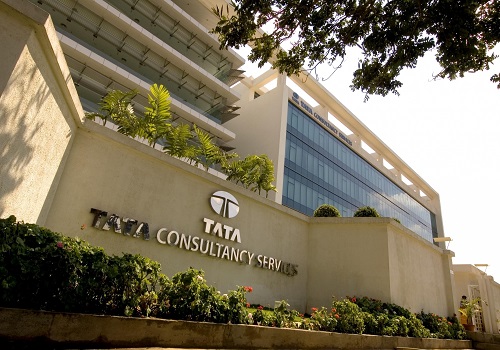Taking care of gut health through the monsoons

After having struggled with the sweltering weather, the arrival of the monsoon brings a great respite to each of us. As much as people love to be drenched in the rains, the monsoon brings with it a lot more than that. Yes, it is this time of the year, when the digestive system of our body becomes highly sensitive due to waterborne infections. And one of the reasons why infections cause discomfort to your gut is due to a disbalance in the gut microbiota (native microbes present in our digestive tract). Waterborne diseases and infections are a common sight during the monsoon. Knowing your gut and how to protect it might help you avoid gastrointestinal problems and maintain your fitness level.
Understanding your microbiota: Most of us are guilty of treating a symptom, without delving into knowing what the main problem is. It is important to understand that a symptom is not the problem. It is your body trying to tell you that something is not well inside the body. So, wisdom lies in knowing the root cause of the issue and taking action that works from the ground up. Until one knows the makeup of their gut microbiota, measures to treat gut problems will result in temporary relief only. One way to get a clear picture of what is happening inside the gut is to profile the gut microbiota. The in-depth gut analysis is accessible with test kits such as BugSpeaks (India), Floré (USA), Ombre (USA), Microba (Australia) etc. This means one can be acquainted with the population of microbes present in one’s gut and thereby take action to fulfill the requirements of the healthy ones while eliminating the harmful ones.
Taking foods that support gut health: Once one is well aware of the unique microflora population that resides in their gut, it becomes easy to streamline the type of probiotics that will work best in a given case. Eating food that will populate our gut with good microorganisms such as taking probiotics like curd or yogurt is one approach. When good microbiota are in abundance in our gut, it blocks the bad microorganisms from colonizing the gut, which is called colonization resistance.
Another approach is to eat foods (prebiotics) that promote the growth of the beneficial microbes. This includes fruits like green bananas and apples that boost gut health as apples contain pectin and bananas have resistant starch, both exerting a prebiotic effect. Another prebiotic food is cocoa powder. It has an abundance of polyphenols, compounds that promote the growth of beneficial bacteria while preventing the growth of harmful ones. Adding it to one's meals such as in smoothies or yogurt is a great way to incorporate prebiotics in one’s diet. Another reservoir of fiber is flax seeds which help in bowel movements thus easing constipation while promoting the growth of healthy gut microbes.
Stomach or digestive issues usually come hand in hand with the monsoon if proper hygiene and dietary measures to maintain gut health are not followed. Therefore, drinking and using only clean water to prepare meals is necessary to keep water-borne infections at bay. Taking care of the gut is crucial as a balanced gut imparts immunity thus minimizing the complications of infections, specifically gastrointestinal infections. Taking a gut microbiome test enables one to know the makeup of their gut microbiome. Eating foods that help the good gut microbes thrive and thus aid them in not letting the bad ones take over the gut space is one of the easiest and surefire ways to maintain gut health.
























